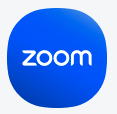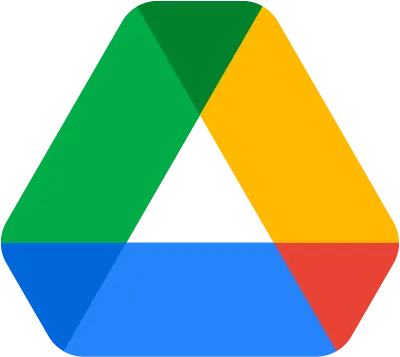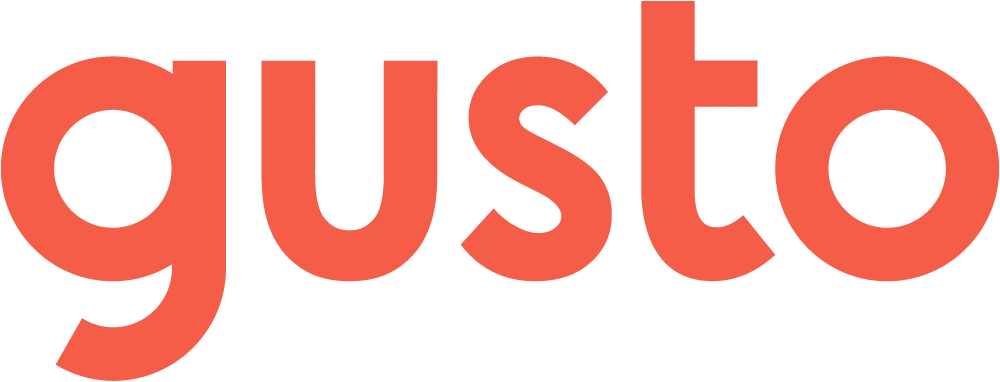
Meet Zoom AI Companion, your new AI assistant!
Boost productivity and team collaboration with Zoom AI Companion, available at no additional cost with eligible paid Zoom plans.
Updated on July 10, 2025
Published on July 10, 2025


It’s always been challenging to run a small business, but with 33.2 million
small businesses in the U.S. these days, the competition has never been fiercer. Small business owners have to wear a lot of hats — and they also have limited time and resources compared to many larger businesses. If you're looking for a solution, you’re in luck: we’ve got a list of the best small business apps to help you harness the power of technology to get everything done without the hassle.
But you’ve got to know what to look for. Any app you choose should meet your business’s specific needs; an expensive app with unnecessary features won’t do you any favors. To help you get started, we’ve evaluated the top apps on the market by reading customer reviews, comparing features and capabilities, and considering their usefulness to small businesses.
|
Best for |
Key features |
Starting price* |
|
|---|---|---|---|
Zoom Workplace |
Communication and collaboration |
*Some features are only available with certain licenses or add-ons. |
Starting at $13.33/user/month |
Google Workspace |
Communication and collaboration |
|
15GB free; Paid plans start at $1.99/user/month |
Evernote |
Communication and collaboration |
|
Free plan available; paid plans start at $10.83/user/month |
Canva |
Communication and collaboration |
|
Free plan available; paid plans start at $15/month |
Gusto |
HR and payroll |
|
Contact for pricing |
Wave |
HR and payroll |
|
Free plan available; paid plans start at $16/month |
Expensify |
Finance |
|
Free plan available; paid plans start at $5/user/month |
QuickBooks |
Finance |
|
$35/user/month |
Square |
Finance |
|
Free plan available; paid plans start at $29/month |
Asana |
Project management |
|
Free plan available; paid plans start at $10.99/user/month, billed annually |
Basecamp |
Project management |
|
Free plan available; paid plans start at $15/user/month |
Trello |
Project management |
|
Free plan available; paid plans start at $5/user/month |
Zoho Projects |
Project management |
|
Free plan available; paid plans start at $4/user/month, billed annually |
HubSpot CRM |
Customer management |
|
Free plan available; paid plans vary depending on requirements |
monday.com |
Customer management |
|
Free plan available; paid plans start at $9/user/month |
*Pricing is current as of June 2025.

AI-driven communication and collaboration
Great all-in-one productivity solution
Leverages AI for increased productivity
Easy to learn, use, and customize
Strong security
Mobile accessibility
Some features may require additional training for optimal use
AI Companion
Centralized portal for a simple admin experience*
Video conferencing
VoIP phone*
Team chat
Workflow automation*
Collaboration tools: whiteboard, collaborative document, task management
*Some features are only available with certain licenses or add-ons.
$13.33/user/month

Storing, sharing, and editing documents
Intuitive user interface
Collaboration features
Limited free storage
Secure cloud storage
Document sharing
Document collaboration
15GB free; Paid plans start at $7/user/month

Organizing notes
Search functionality
Helpful organization
Free plan features are limited
Note-taking and task management
Sync across devices
Scan and digitize documents
Free plan available; paid plans start at $10.83/user/month

Creating visuals
Easy for non-designers to use
More affordable than professional design software
Some templates require paid plans
Pre-made templates
Drag-and-drop interface
Team collaboration
Free option available; paid plans start at $15/month
Payroll and human resources don’t have to be painful when you leverage HR and payroll apps for small businesses. To help automate your HR processes, consider the following options:

Automating payroll and benefits
All-in-one HR and payroll platform
Helps with compliance
Pricing may be high for small businesses
Automated tax filing
Employee benefits and onboarding
PTO tracking and compliance support
Contact for pricing

Free accounting and payroll
Free accounting features
User-friendly interface
Payroll requires a monthly add-on cost
Invoicing and accounting
Payroll processing
Automatic transaction imports
Free plan available; paid plans start at $16/month
When considering tools to keep your business running, or apps to start a business, finance apps should be at the top of your list. After all, a business needs to make money! Here are a few of the top contenders.

Business expense and reimbursement management
Saves time on manual expense tracking
Smart options
Some features require a paid plan
Smart receipt scanning and categorization
Automated reimbursement system
Integrates with accounting software
Free plan available; paid plans start at $5/user/month

Comprehensive accounting
Cloud-based access lets you access from anywhere
Seen as the industry standard for accounting
Has a steep learning curve
More expensive than some options
Invoicing expensive tracking
Tax calculation
Payroll processing
$35/user/month

POS system and payment processing
Free for basic services
Helpful for small retail businesses
Payment processing fees can add up
Payment processing for online and in-store transactions
POS system
Inventory and customer
Free plan available; paid plans start at $29/month
Some of the best apps for small business teams are project management apps. They can help teams get organized, plan out important projects, and stay on top of hefty to-do lists.

Tracking project progress
Simple interface
Flexible project views
Advanced features require a paid plan
Task assignment and tracking
Workflow automation
Integrates with business tools
Free plan available; paid plans start at $10.99/user/month, billed annually

Team-focused project management
Only pay for employees; guests and clients are free
24/7 customer support
Free plan only allows one project at a time
Many features only come with paid plans
Calendar
To-do list
Detailed project views
Document sharing
Free plan available for one project at a time; paid plans start at $15/user/month

Project management using Kanban boards
Easy to use
Lets you visualize projects
Lacks advanced reporting
Automation features require paid plan
Kanban boards
Drag-and-drop task organization
Customizable workflows
Free plan available; paid plans start at $5/user/month

Managing projects and customer relationships
Integrates with Zoho CRM
Affordable pricing
Free plan is limited
Project templates
Time tracking
Whiteboard
Storage space
Free plan available; paid plans start at $4/user/month, billed annually
Customers are the core of your business, but keeping track of customer interactions can be tricky. These customer management apps can help.

Managing customer relationships
Free plan offers great value
Integrates with Gmail and most versions of Outlook
Some advanced features are costly
Contact and lead management
Email tracking and automation
Several “hubs” that help meet unique needs
Free plan available; paid plans vary depending on requirements

Customizable workflows for team collaboration
Customizable workflows
Over 200 third-party integrations
Can be complex for beginners
Free plan is somewhat limited
Project tracking
Code-free automations
Customizable dashboards
Free plan available; paid plans start at $9/user/month
Selecting the right small business apps for your team means looking at more than just features — you need something that will enhance collaboration, streamline workflows, and support scalability. To help you make the best choice, consider these key factors when evaluating apps:
With so much to consider when looking for all the apps your business needs to succeed, it’s clear that Zoom is a top choice for small businesses.
With virtual meetings, VoIP add-on, and team chat, even the most distributed team will be set up for collaboration and communication. Customizable workflow automation keeps projects moving while saving time, and Zoom AI Companion assists with routine tasks, allowing your team to focus on more strategic work.
Ready to transform your small business into a success? Get started by exploring Zoom Workplace today.